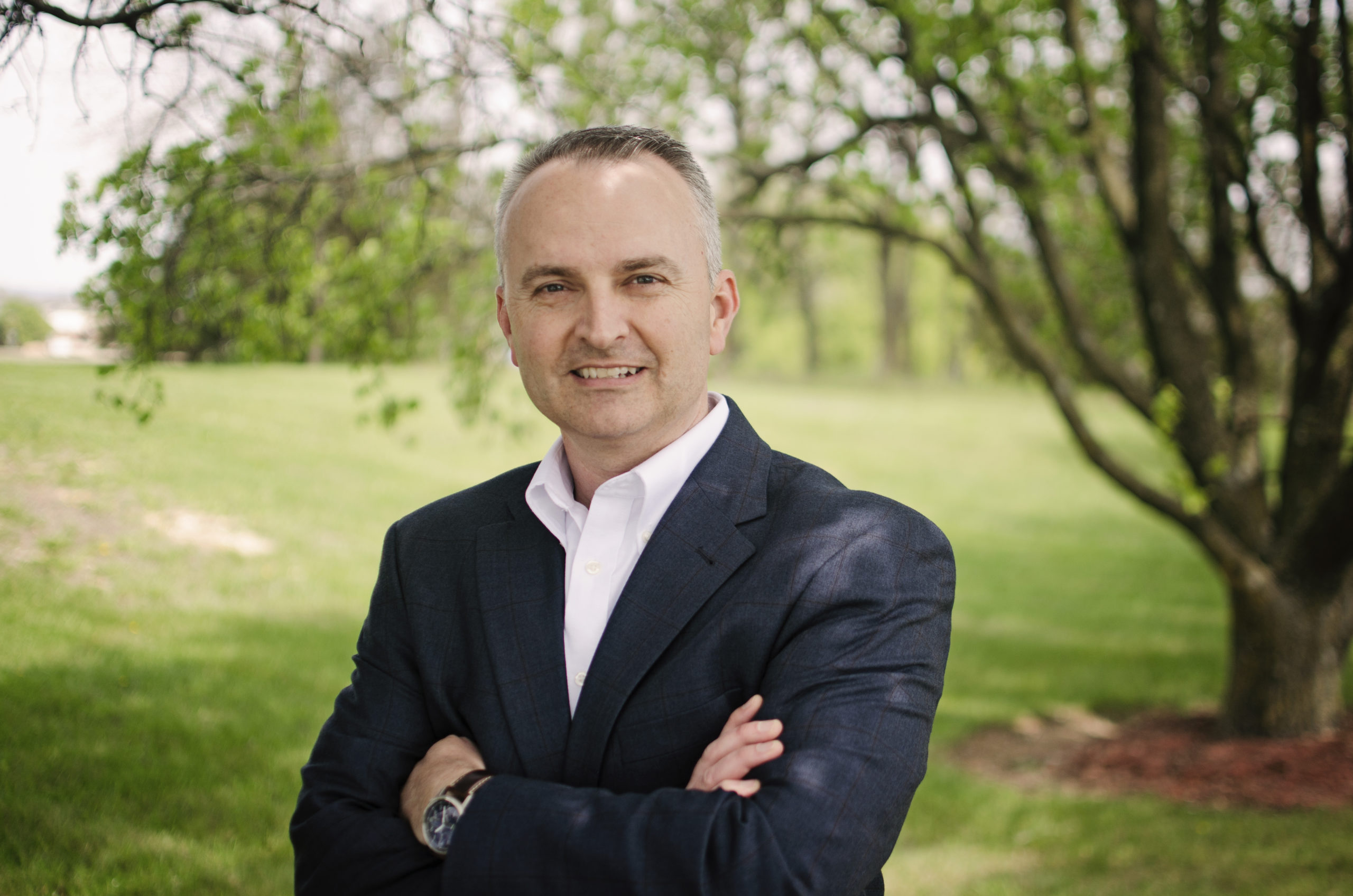Picture two public school students in Kansas City — same age, same grade, same socio-economic background. Both qualify for free lunches, but under a state funding formula glitch, Student B receives $1,700 less than Student A. Consider another pair of otherwise identical special education public school students in St. Louis. In this case, the funding disparity is even worse: Student B receives $2,500 less than Student A. In most public sector discussions, these scenarios would ignite outrage at the obvious lack of fairness. Shamefully, examples like the aforementioned occur every day but because they involve ‘Student B’ attending public charter schools many defend the unfair status quo.
At the root of this public school funding inequity is a glitch in a 17-year-old formula.
In short, funding generated from property taxes that charter public school students receive is based largely on the amount of local taxes in 2004-05. Meanwhile, local districts are compensated using current-year tax collections. This glitch is magnified as more and more families choose charters (which now account for more than half of all students in Kansas City, and approaching that threshold in St. Louis).
 This is the third year that I’ve filed legislation to fix this formula glitch. HB 1552, the bill I filed this year, has already passed the House Budget Committee with bipartisan support. Similar to previous years I, and many others, are committed to stop shortchanging tens of thousands of public-school students in St. Louis and Kansas City.
This is the third year that I’ve filed legislation to fix this formula glitch. HB 1552, the bill I filed this year, has already passed the House Budget Committee with bipartisan support. Similar to previous years I, and many others, are committed to stop shortchanging tens of thousands of public-school students in St. Louis and Kansas City.
While the legislature is currently considering an array of education bills that will produce state-wide effects, my funding equity bill only affects school districts where public charters can presently exist. Contra many dishonest claims, this bill does not produce charter school expansion. To their credit, Kansas City Public Schools’ leaders have worked with public charters on a compromise in this targeted effort– a deal that has led KCPS, the Greater Kansas City Chamber of Commerce, and others to support our proposed legislative remedy.
St. Louis Public Schools, in turn, has consistently refused to sit down to work toward agreement. In attempting to defend the status quo, the district points to an array of seemingly unique, additional costs they suggest don’t apply to charters. They refuse, however, to provide supporting data related to these additional costs. Their refusal persists while actively ignoring the details that they benefit from within the Kansas City compromise including:
District Cash-Flow: KCPS and SLPS will receive full formula funding from DESE without the withholds currently occurring that are required for public charters to receive their local aid. Going forward, these districts will release local aid to public charters when the districts receive local tax dollars. This process adjustment significantly improves district cash-flow;
Special education: KCPS and SLPS, along with public charter schools, can claim excess costs for their special education programs from the total pool of available school funding before the remaining dollars are divided equitably;
District Administration: KCPS and SLPS are provided a special administrative fee to cover administrative costs – a concession that acknowledges the additional costs required for school districts;
Transportation: SLPS has unique transportation concerns. Both SLPS and public charter schools may offer transportation, but the overall costs are higher for the district. In recognition of this, a House Budget Committee amendment to my legislation specifically increases the administrative fee in St. Louis to cover these additional costs;
Statutory Implementation: In response to SLPS’ concerns, we’ve agreed to accommodate their request for time by delaying the implementation of the formula fix for three years in St. Louis, compared to a one-year delay in Kansas City.
Beneath the rhetoric lies a simple truth: All public school students in St. Louis and Kansas City should be funded equitably based on their particular needs, regardless of what type of public school they attend. This is what my bill accomplishes.

Rep. Doug Richey is a Republican who represents HD 38 in Clay County. He is the chairman of the Joint Committee on Education.












